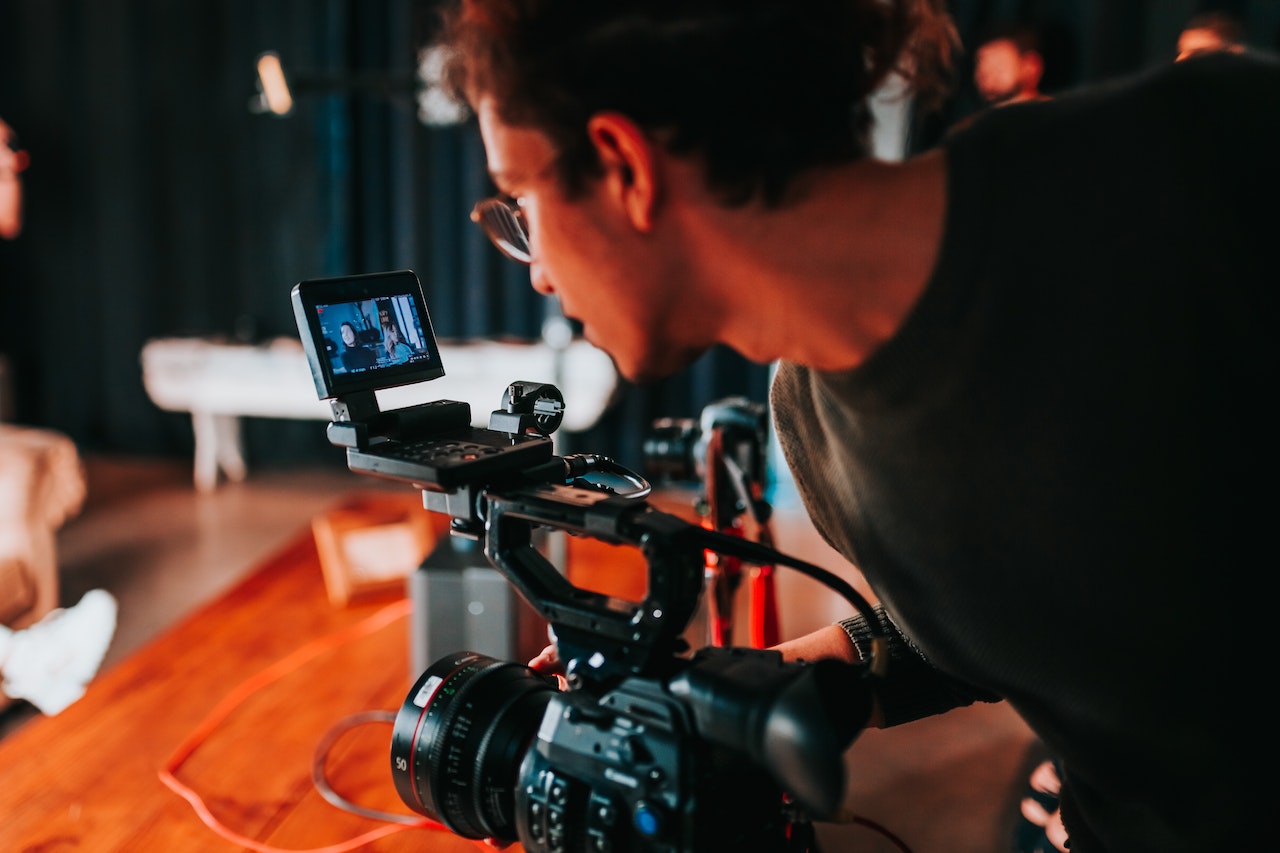Image Source: Google
Camera operators are the unsung heroes behind the lens, responsible for capturing the perfect shot in various settings such as film and television productions, live events, and news broadcasts. Their job requires technical expertise, creativity, and the ability to work under pressure. If you are looking for more information about camera operator, you can contact Hustl Media Inc.
Preparation and Equipment Setup
Before filming begins, camera operators must ensure that all equipment is in working order and set up properly. This includes:
Checking equipment:
- Inspecting cameras, lenses, and accessories for any damage or malfunctions
- Charging batteries and ensuring sufficient storage space for footage
- Testing audio equipment for clear sound quality
Setting up the camera:
- Mounting the camera on a tripod or other stabilizing device
- Adjusting camera settings such as focus, aperture, and white balance
- Calibrating audio levels and syncing with other recording devices
Collaboration with the Production Team
Camera operators work closely with directors, producers, and other crew members to ensure that the visual elements of a production align with the creative vision. This involves:
Understanding the shot list:
- Reviewing the shot list provided by the director to plan camera angles and movements
- Collaborating with the director to capture the desired framing and composition
Coordinating with the camera team:
- Communicating with camera assistants and other operators for seamless shot transitions
- Adapting to changes in the production schedule or creative direction
Operational Skills and Techniques
Camera operators must have a solid grasp of technical skills and filming techniques to capture high-quality footage. Some key skills include:
Camera operation:
- Panning, tilting, and zooming smoothly to follow action or create dramatic effects
- Adjusting exposure and shutter speed for optimal lighting conditions
- Maintaining a steady hand and focus for long periods of shooting
Composition and framing:
- Applying the rule of thirds and leading lines to create visually appealing shots
- Experimenting with different angles and perspectives to convey emotion or storytelling
- Anticipating movement and action to frame shots effectively
Adaptability and Problem-Solving
In the fast-paced world of production, unexpected challenges can arise that require quick thinking and adaptation. Camera operators must be prepared to:
Handle changing environments:
- Adjust camera settings on the fly to accommodate shifting lighting conditions
- Move quickly and quietly to capture spontaneous moments or unexpected developments
Troubleshoot technical issues:
- Identify and resolve equipment malfunctions or connectivity issues
- Work with the production team to find creative solutions to unforeseen obstacles
Post-Production and Review
After a day of shooting, the work of a camera operator is far from over. They often play a role in reviewing footage and providing input during the editing process. This includes:
Reviewing footage:
- Organizing and labeling clips for easy access during post-production
- Identifying the best takes and moments to highlight in the final cut
Collaborating with editors:
- Providing feedback on shot selection, pacing, and visual continuity
- Working closely with editors to achieve the desired look and feel of the final product
